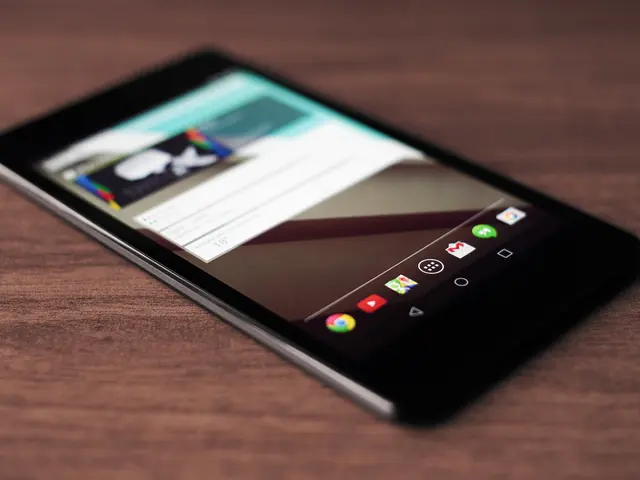Bundestag Intends to Operate Tiktok's "Digital Kiosk"
The German Bundestag, the federal legislative body, has taken a significant step into the digital age by announcing its presence on TikTok, the popular social media platform known for its short-form videos [1][2]. This move is part of a broader strategy to engage younger audiences, who increasingly rely on TikTok as a source of news, and to increase public awareness of parliamentary work in a format popular with the youth [1][2].
However, the decision to join TikTok comes with its share of challenges and potential risks. Chief among these are concerns about data privacy and security, given TikTok's ownership by the Chinese company ByteDance [1][3]. The app's association with China raises fears of data access or influence by Chinese authorities, due to China's National Intelligence Law obliging cooperation with intelligence efforts [1][3].
Despite these concerns, the Bundestag seems to be weighing the benefits against the risks. The platform's vast reach and relevance to young people make it an attractive avenue for public communication [1][2]. In fact, the Alternative for Germany (AfD) party was the first to recognise TikTok's potential and is currently more active on the platform than any other German party [1].
The risks also extend to the spread of misinformation on TikTok, given its mix of entertainment and informational content [1]. This could potentially affect the credibility of official communications.
In a bid to mitigate these risks, it is recommended that public authorities refrain from using TikTok on official devices due to data protection concerns [4]. The Bundestag's goal on these platforms is to offer citizens trustworthy sources for comprehensive and serious information about parliamentary events, the work of the Bundestag, and the institution [5].
The Bundestag is not new to social media, already active on platforms such as Instagram, YouTube, WhatsApp, X (formerly Twitter), Mastodon, Bluesky, and LinkedIn [6]. The federal government started its first TikTok channel under @TeamBundeskanzler in April last year [7].
The Federal Commissioner for Data Protection and Freedom of Information, Louisa Specht-Riemenschneider, has highlighted data protection concerns with TikTok [4]. However, the platform is not banned in Germany, reaching people who might otherwise be uninformed [8].
The Bundestag President, Julia Klöckner, has stated that the aim is to inform about the work of the parliament and present it on TikTok [9]. Former Vice President of the Bundestag, Wolfgang Kubicki, finds Klöckner's social media activities "great" and believes they are beneficial for the German Bundestag's public image [10].
In conclusion, the Bundestag's presence on TikTok represents a strategic trade-off: leveraging broad, youthful engagement while managing and mitigating inherent security and misinformation risks. Despite the challenges, the potential to reach and engage younger demographics, increase transparency, and follow political communication trends used by other governments makes this a worthwhile endeavour.
References: 1. Bundestag auf TikTok 2. Bundestag auf TikTok: Klöckner will junge Menschen besser informieren 3. China’s National Intelligence Law and Data Security: Implications for Foreign Companies 4. BfDI: TikTok-Datenschutzbedenken 5. Bundestag-Pressemitteilung: TikTok-Konto wurde gestartet 6. Bundestag: Social Media 7. Bundestag: TikTok 8. TikTok in Deutschland: Wie riskant ist der App? 9. Bundestag-Präsidentin Klöckner: Wir wollen junge Menschen besser informieren 10. Klöckner-Soziale-Medien-Aktivitäten: „Großartig“, sagt Kubicki
- The decision by the German Bundestag to join TikTok, a platform known for entertainment, social-media, and general-news, is motivated by a desire to engage younger audiences, especially for news, and increase public awareness of parliamentary work.
- The risks associated with TikTok, such as data privacy and security concerns, misinformation, and potential Chinese influence, have been highlighted by data protection authorities, and it's advised that public authorities refrain from using TikTok on official devices.
- Despite the challenges, the Bundestag's presence on TikTok, alongside other social media platforms, aims to offer citizens trustworthy sources for comprehensive and serious information, increase transparency, and follow political communication trends used by other governments.




